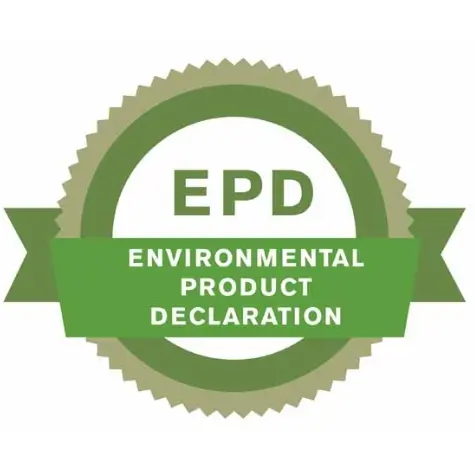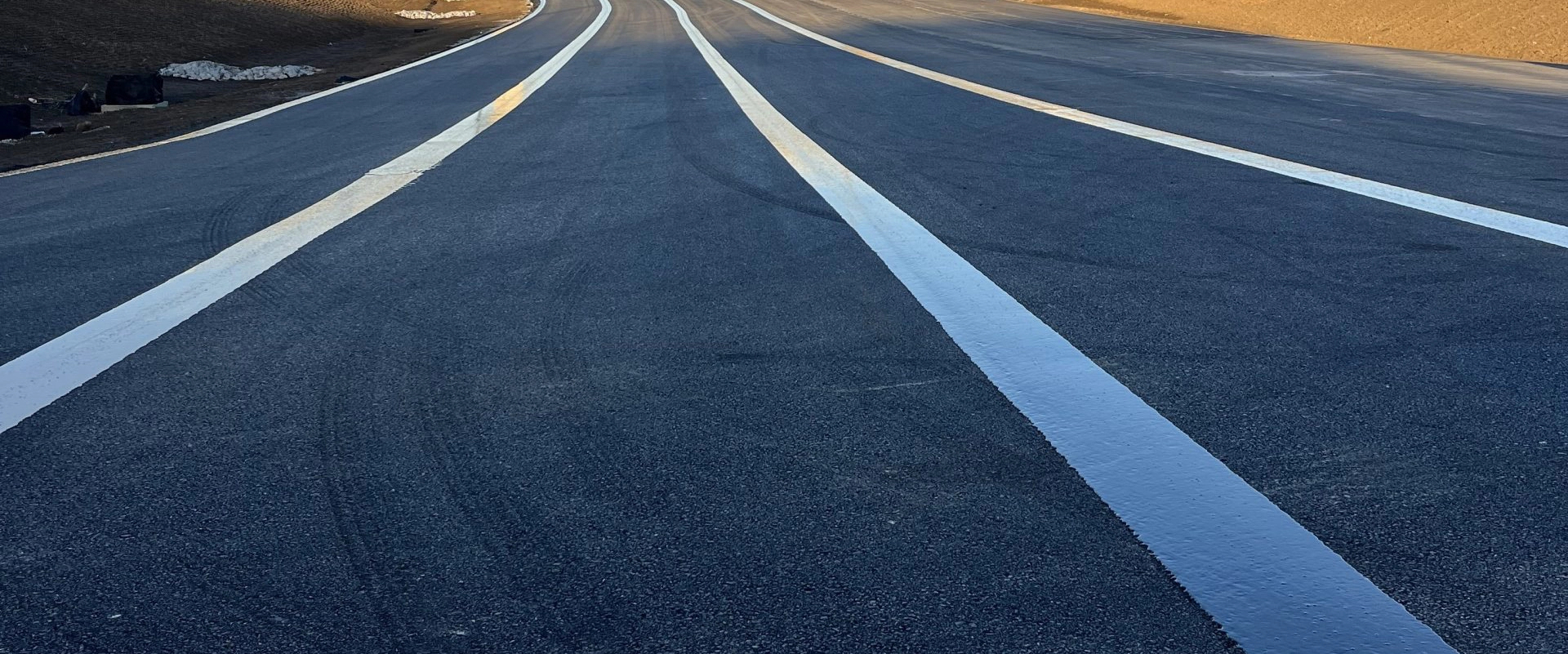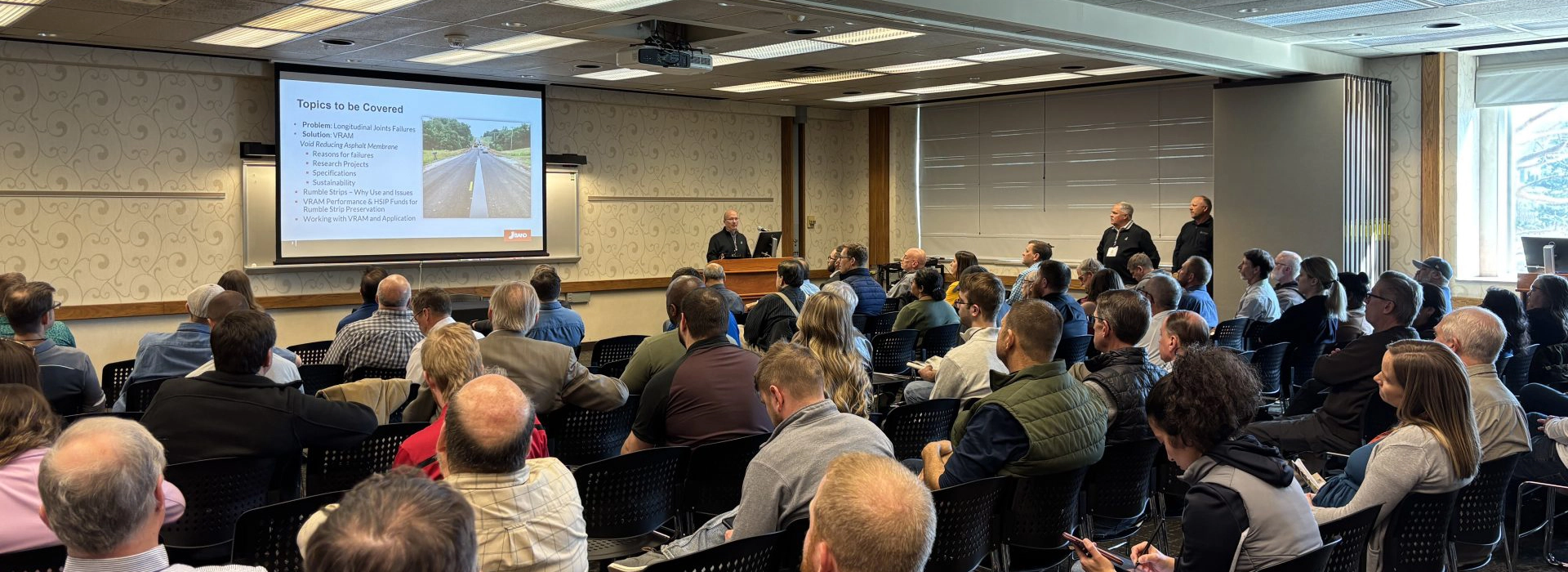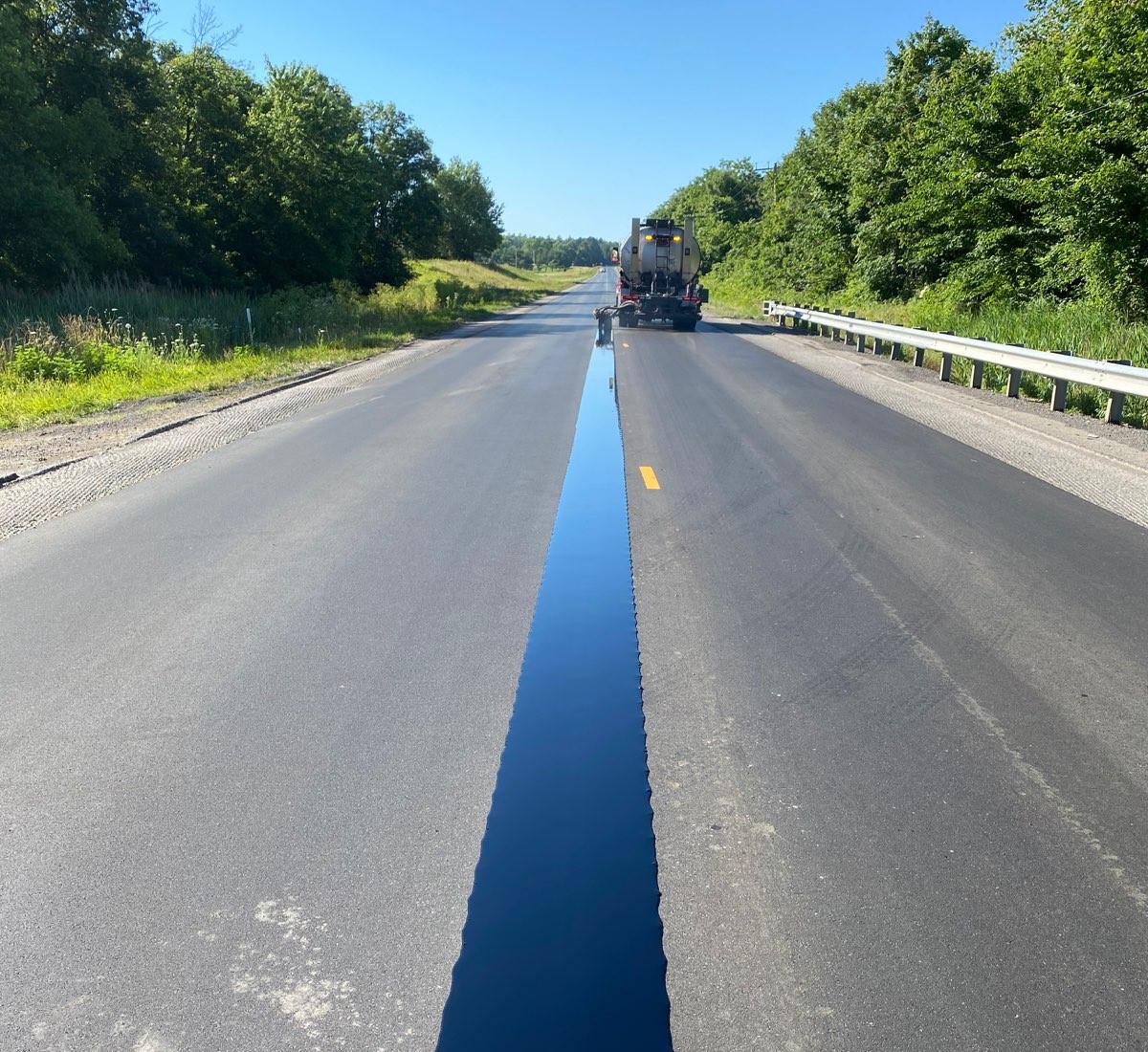Many businesses across the United States have already implemented more sustainable practices into their pavement construction projects. Other organizations want to make sustainable changes but are in need of the proper resources to help contribute to a greener planet. To combat this, the Federal Highway Administration (FHWA) has created a Climate Challenge to better promote the use of Environmental Product Declarations (EPDs) and Life Cycle Assessments (LCAs). Not only does this challenge promote the use of EPDs and LCAs, but it also encourages sustainable pavement practices overall and shows the impact of those practices.
EPDs are used to communicate environmental impacts and greenhouse gas emissions from materials and practices. LCAs provide comprehensive approaches to evaluate the total environmental burden of a product by examining the entire life of the product — from raw material production to the end life of the product. Pavement life cycle stages include material production, design, construction, use, maintenance and rehabilitation, and end of life stages.


Climate Challenge
The FHWA Climate Challenge was created to provide resources to help state departments of transportation (SDOTs) and public sector stakeholders explore the use of LCAs and EPDs as a standard practice.
This challenge was implemented in 2022. Participants who were awarded funding will construct their projects and perform research until 2024. The FHWA will then host webinars and develop case studies to share lessons learned, outcomes, and next steps on the projects that participated.

How it Works
Through the FHWA Climate Challenge, funding of at least $65,000 per state is available to support or offset costs of implementing sustainable pavement practices. There is also incentive funding available of up to $500,000 per SDOT for federal share.
To apply for FHWA Climate Challenge funding, SDOTs must submit a SF-424 Application for Federal Assistance and as appropriate, either a SF-424A Budget Information for Non-Construction Programs or SF-424C Budget Information for Construction Programs. An eligible application is one that provides the information required in sections 8a, 8f, 9, 15, 17, and 18 of the SF-424 Application for Federal Assistance. In section 15, eligible applications must include supporting documentation that outlines the following:
- Project scope, including goals, objectives, deliverables, and outcomes.
- Project cost estimates commensurate with the project scope.
- A plan to collaborate with appropriate stakeholders such as:
- Academia
- Consultants
- Contractors
- Industry organizations (including EPD program operators, and material manufacturers)
- Any requests for FHWA technical assistance to support the project.
Funding is also eligible for those wanting to quantify the use of greenhouse gas emissions through the implementation of LCAs and EPDs. Some examples of allowable activities include:
- Development and delivery of training to facilitate use of LCA and EPD.
- Development or refining of current standards to implement approach.
- Collecting EPDs on projects.
- Preparing an implementation plan for reducing carbon emissions from pavements.
- Implementing pilots for techniques, strategies, and materials that reduce emissions.
- Collaboration with industry and LCA Commons to fill data gaps.
Results from 2022
The Climate Challenge in 2022 identified more than 35 projects from 27 different agencies and provided $7.1 million to 25 SDOTs. Until 2024, participants will receive training and will work with various stakeholders to implement projects with the use of EPDs and LCAs.
You can view the current participants and project descriptions here: https://www.fhwa.dot.gov/infrastructure/climatechallenge/projects/index.cfm

In 2022, Asphalt Materials, Inc. (AMI) collaborated with ClimeCo to complete an LCA-based sustainability assessment of J-Band®, AMI’s void reducing asphalt membrane product. We encourage you to read ClimeCo’s article and their final report by following the links below. \
Link to the ClimeCo Article: https://climeco.com/what-is-a-life-cycle-analysis/
Link to J-Band's Sustainability Assessment: https://thejointsolution.com/j-bands-sustainability-assessment/


